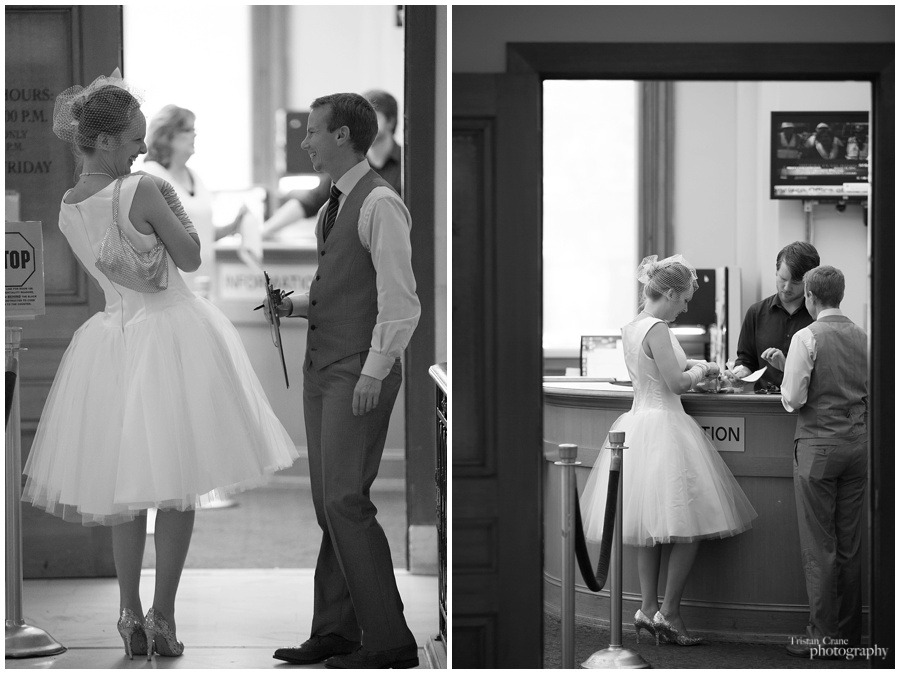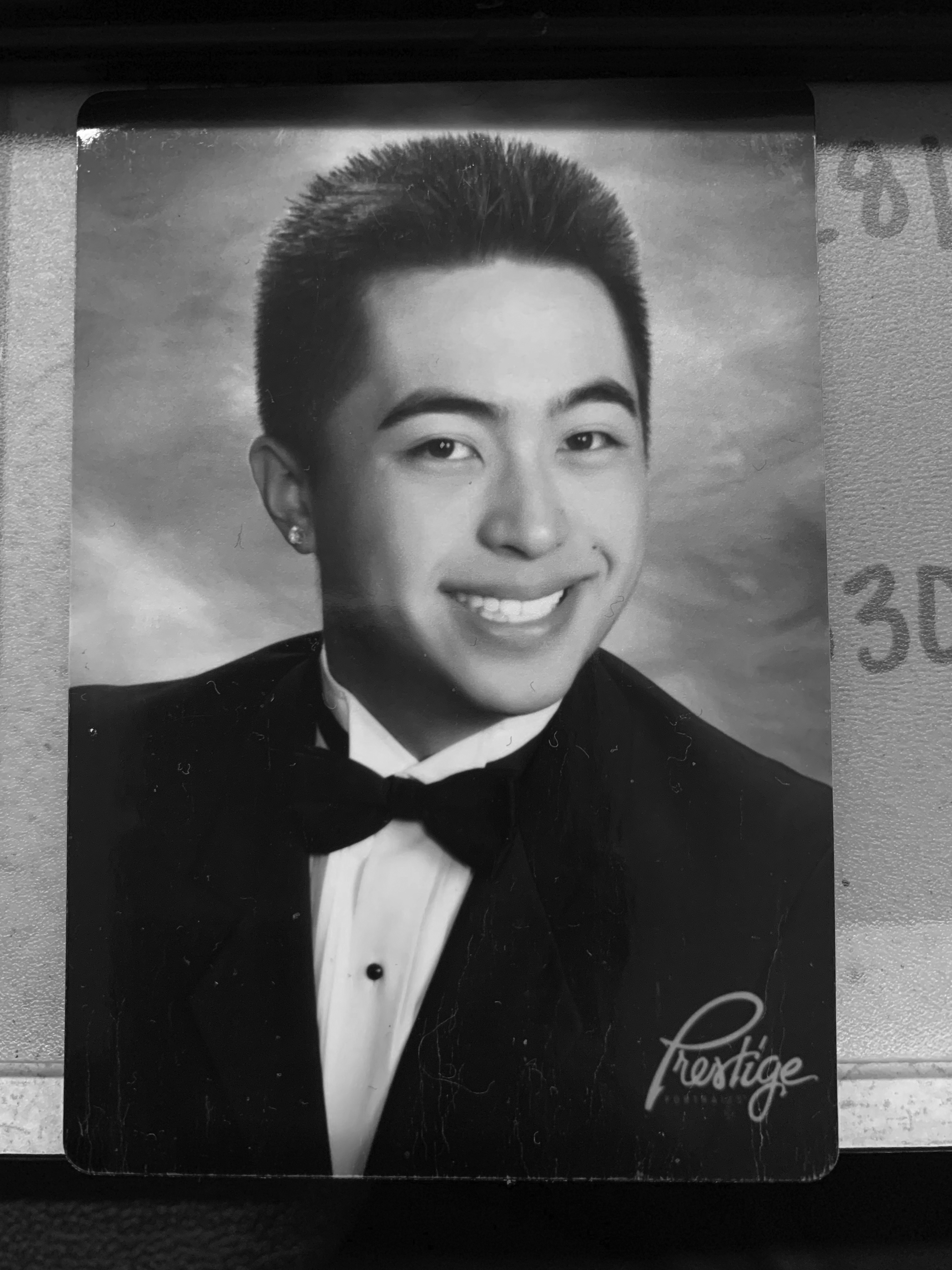

The Square Reader was the firm's first product. In 2010, the Square device communicated with the Square app through the phone's audio jack. However, on December 16, less than a week into the rebrand, H&R Block, sued the company for trademark infringement, claiming that the name seeks to confuse customers by misappropriating the Block brand name, which H&R owns. On December 10, 2021, the name change took effect, and Square, Inc. The change was announced shortly after Dorsey resigned as CEO of Twitter. Outlets noted that the change occurred soon after Facebook, Inc. On December 1, 2021, Square announced that it would change its company name to Block, Inc. Jay-Z, as well as other artists who currently own stock in Tidal will remain stakeholders. Square will pay $297 million in cash and stock for Tidal, with Jay-Z joining the company's board of directors. On March 2, 2021, Square reached an agreement to acquire majority ownership in Tidal. The company purchased an additional $170 million worth of Bitcoin (approximately 3,318 bitcoins) in February 2021, bringing Square's total holdings to almost $500 million in Bitcoin (total approximately 8,027 bitcoins). In October 2020, Square put approximately 1% of their total assets ($50 million) in Bitcoin (4,709 bitcoins), citing Bitcoin's "potential to be a more ubiquitous currency in the future" as their main reasoning. The name "Square" derives from the company's square-shaped card readers. Ĭo-founders Dorsey-who also co-founded Twitter-and McKelvey began developing the company out of a small office in St. The original inspiration for Square occurred to Jack Dorsey in 2009 when Jim McKelvey (a friend of Dorsey) was unable to complete a $2,000 sale of his glass faucets and fittings because he could not accept credit cards. The company also runs Cash App, a mobile app that allows monetary transfers both among users and between users and businesses.

Square is a payments platform aimed at small and medium businesses that allows them to accept credit card payments and use tablet computers as payment registers for a point-of-sale system. The main payments product for small businesses is still titled "Square". Square, Inc., the corporate owning entity, retitled itself as Block, Inc. It has been traded as a public company on the New York Stock Exchange since November 2015 with the ticker symbol SQ. The company was founded in 2009 by Jack Dorsey and Jim McKelvey and launched its first platform in 2010. (formerly Square, Inc.) is an American financial services and digital payments company based in San Francisco, California. He really built on something by sticking to who he was as a person, where he came from, and what meant so much to him.Point of sale terminals and auxiliary equipment, debit cardsīlock, Inc. Telander wants to “show his process, and that playfulness that led to a more serious career.

There is also the hope that visitors will get to know Kelly as a colorful character who maintained a library of vintage Vogue magazines, had a Mona Lisa obsession, and embraced joyful heart motifs. The exhibition aims to help preserve it, while at the same time addressing the injustices of the fashion history canon “and correcting that canon and trying to make it more equitable,” Camerlengo says. The Kelly Initiative, founded in 2020 by 250 Black fashion professionals eager to break down racial barriers, is a reminder of just how vital the designer’s legacy is. Kelly’s short but pivotal career has found new gravitas in an industry calling for inclusivity. There are the kitschy and controversial items he sought out, but there is also his “Josephine Baker ephemera and African textiles and masks,” Camerlengo says, “and you see how he was starting to understand his own identity, and how that translated into the workspace, and how that manifested in the fashion designs,” she says. Photo: Gary Sexton / Courtesy of the Fine Arts Museums of San FranciscoĬamerlengo notes that the exhibition’s advising scholar, Sequoia Barnes, describes Kelly as a steward of Blackness. Camerlengo, associate curator of costume and textile arts at the Fine Arts Museums of San Francisco. Left to right: Exhibition designer Tristan Telander and presenting curator Laura L.


 0 kommentar(er)
0 kommentar(er)
